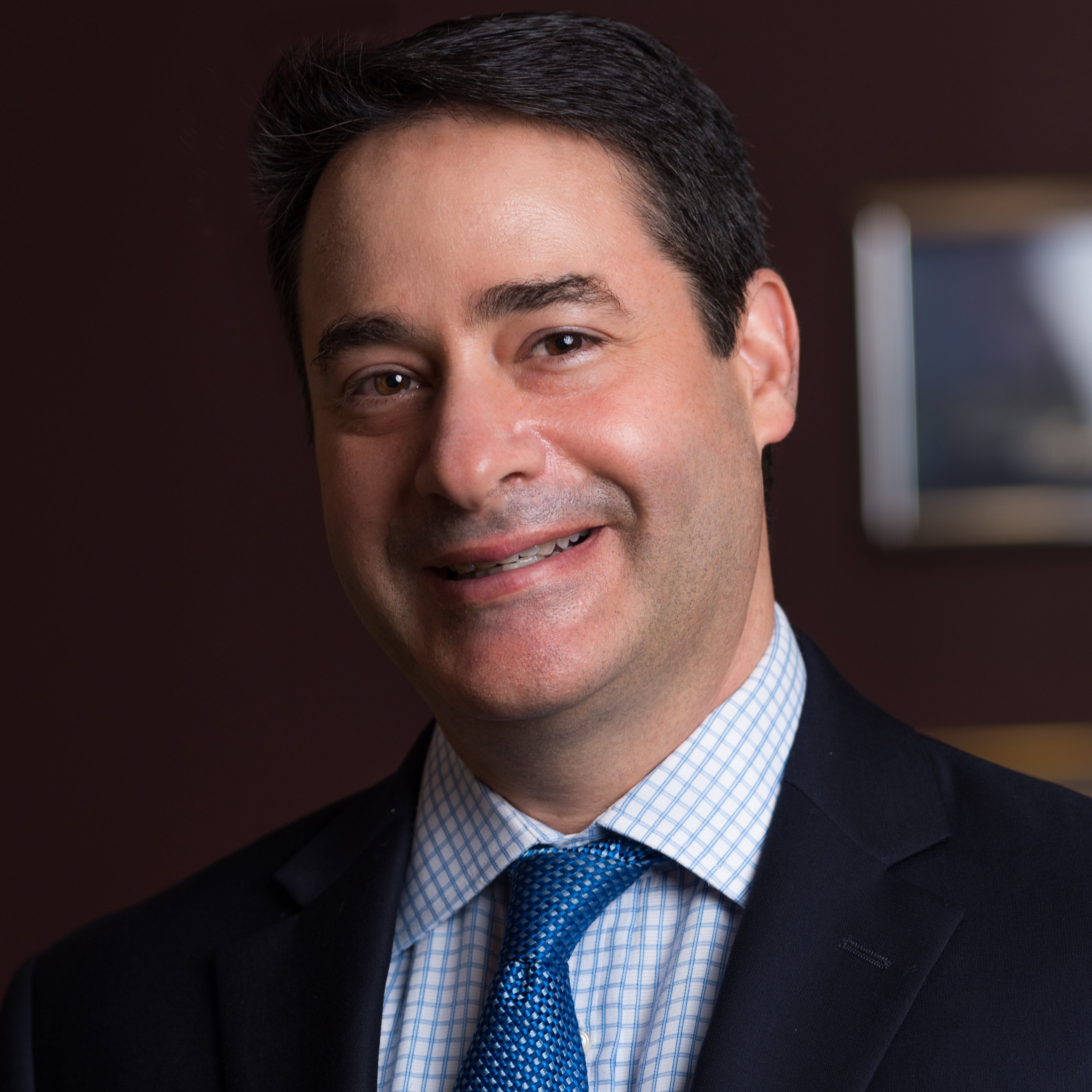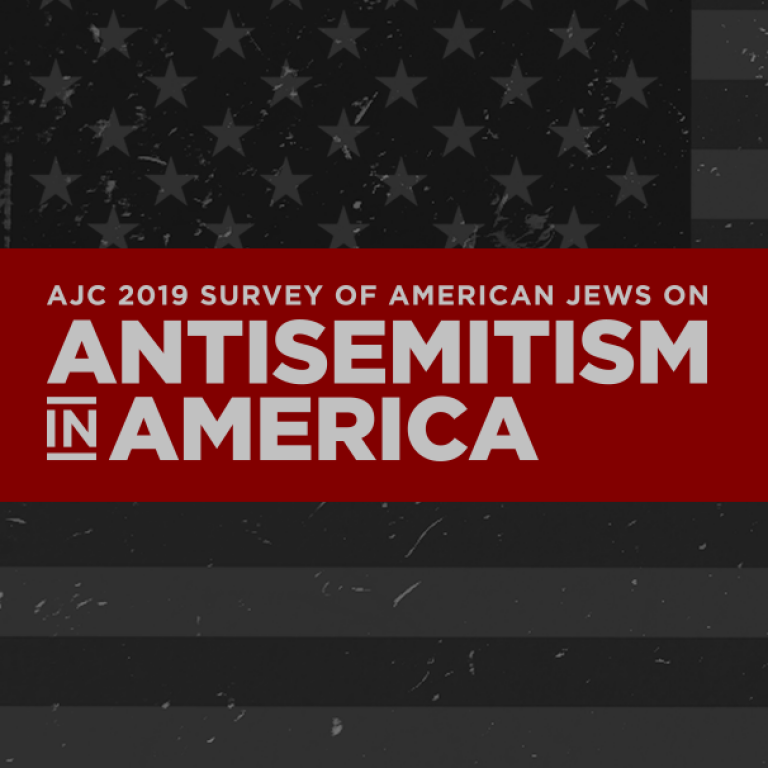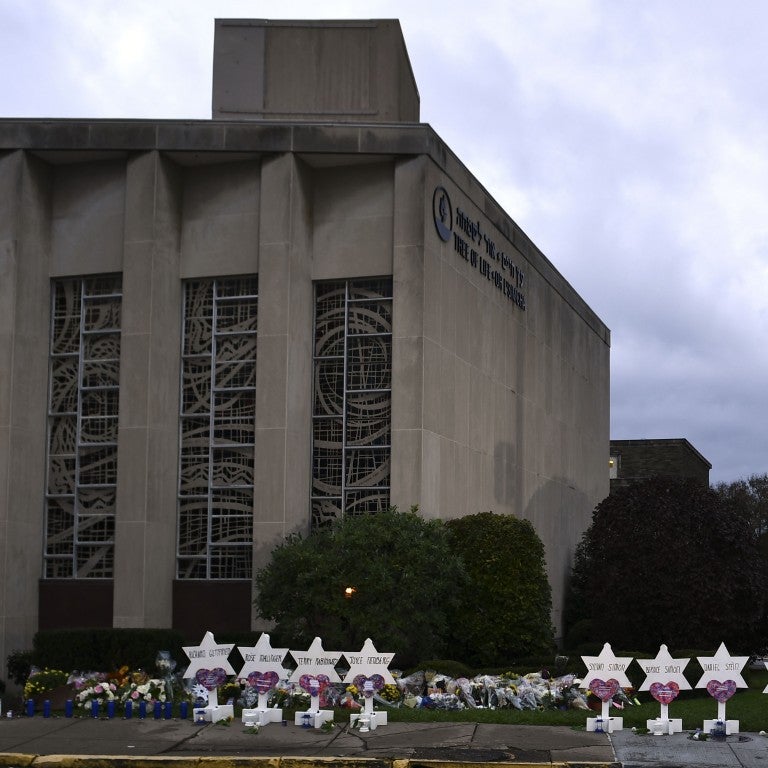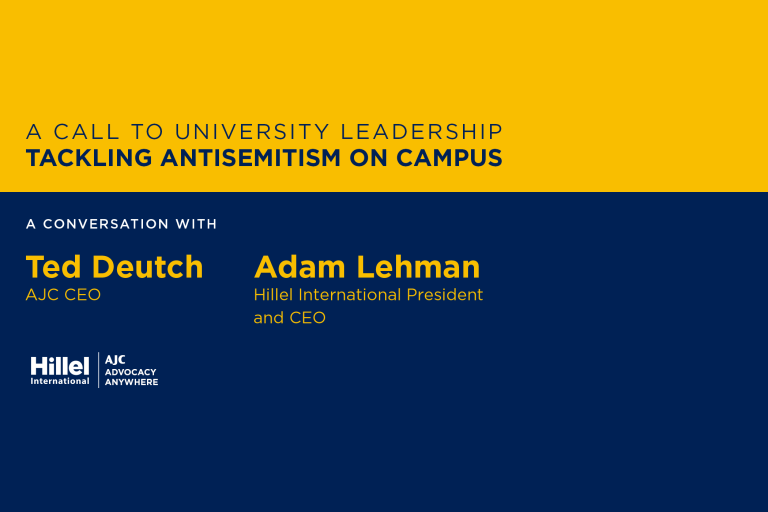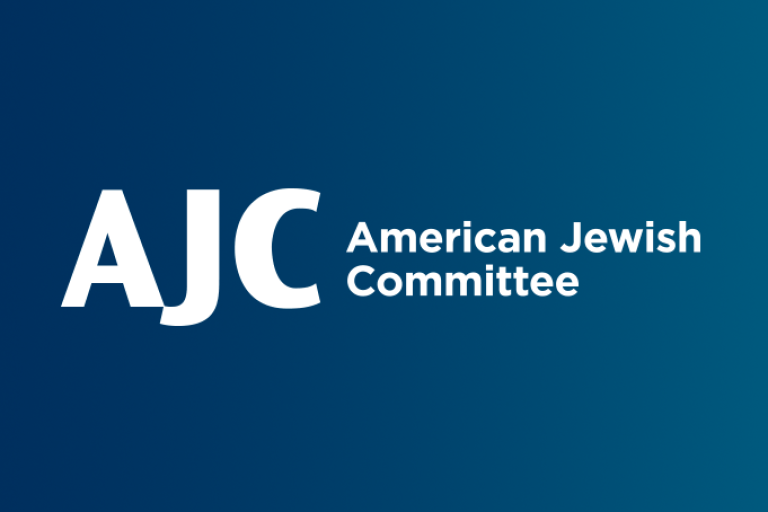October 27, 2019 — Miami, FL
This piece originally appeared in the Miami Herald.
A year has passed since 11 Jews, praying at Pittsburgh’s Tree of Life synagogue, were mercilessly shot and killed during Sabbath morning services. For all American Jews, the pain persists. We are not the same.
While we had watched from afar rising antisemitic rhetoric and violence across Europe in recent years, many of us believed that America was different, that such horrendous acts of violence could not take place here. What happened in Pittsburgh on October 27, 2018, was a horrible wake-up call, a deadly reminder that antisemitism persists in our time, in our own country.
Hate crimes against Jews in the U.S. have been on the rise for several years. According to the FBI, the number of reported attacks against Jews in the U.S. rose nearly 60 percent in 2018, comprising almost two-thirds of all religiously-motivated hate crimes.
However, FBI reports do not tell us how American Jews experience and perceive antisemitism. Now, an unprecedented survey of American Jews, just released before the first anniversary of the fatal assault on Tree of Life Synagogue, reveals an American Jewish community with deep concerns about antisemitism in the U.S. and widespread fear that it is getting worse.
The American Jewish Committee (AJC) survey findings are striking and profoundly troubling. Nearly nine out of ten American Jews (88%) say antisemitism is a problem in the U.S. today, with more than a third (38%) calling it a very serious problem. When asked if antisemitism in the U.S. has increased over the past five years, a stunning 84% said it has and 43% - a plurality - said it has increased a lot.
More than a third of American Jews (35%) say they have personally been the targets of antisemitism over the past five years, and nearly a quarter (23%) say they have been targeted by antisemitic remarks in person, by mail, or by phone. A fifth (20%) say they have been targeted by antisemitic remarks online.
These survey results demonstrate that Jewish sense of security in the U.S. has been challenged. The perpetrators of antisemitic hate crimes intend to intimidate and spark fear, not just in the victim but also in the victim’s community. We will not let them succeed.
A serious effort to address this national challenge will require a self-examination and joint action on the part of government officials from both sides of the aisle, along with Jewish community representatives and civil society leaders.
Now is the time for principled leadership and introspection. A powerful first step was taken here in Florida when Governor Ron DeSantis signed legislation on May 29th of this year barring antisemitism and other religious discrimination in Florida’s public schools. The Florida state legislature had unanimously passed the legislation in April. The bill sends a strong signal that Florida will not tolerate antisemitism, a cancer that continues to grow and threaten the fabric of society well beyond the Jewish community.
Using the U.S. State Department definition of antisemitism, the legislation mandates that discrimination against Jewish people be viewed the same as other acts of racial bias in Florida’s public education institutions. The legislation defines as antisemitism calls for violence against Jews, advancing conspiracy theories about Jewish control, Holocaust denial and ways in which anti-Zionism can mask antisemitism.
It is also time to mobilize both the Jewish community and our non-Jewish brothers and sisters to fight antisemitism. People of good conscience recognize that antisemitism of any kind threatens not only Jews, but American society in general.
That is why AJC created the initiative we called #ShowUpforShabbat immediately after the Pittsburgh attack. This hashtag inspired hundreds of thousands of Jews and non-Jews to go to synagogue, was seen by over 250 million people, and played a significant role in our national healing process. Once again on this past Friday and Saturday, October 25 and 26, marking one year since the Tree of Life attack, this initiative inspired leaders in the faith and civic community to stand together in solidarity and in defense of democratic pluralism and religious freedom.
Showing up for each other matters, but our solidarity must extend beyond one day. We must proclaim loudly our unified commitment to confront hate and bias crimes and to combat all forms of hatred and antisemitism. Only then will we be ensuring the safety and dignity of our communities and upholding our values of democracy, pluralism, and mutual respect.
Brian Siegal is Director of the American Jewish Committee’s Greater Miami and Broward Regional Office.

